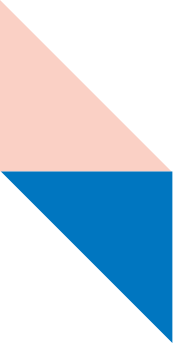Biomolecular chemistry and bioinformatics

deadline
What will you learn?
The study program Biomolecular chemistry and bioinformatics includes knowledge about the structure of biologically important bio(macro)molecules (proteins nucleic acids, oligosaccharides, etc.), and the relation between their structure and biological function. Students are trained in methods of carrying out and applying research on the 3-D structure and function of bio(macro)molecules. The technical facilities allow students regular use of the most modern methods, both experimental (nuclear magnetic resonance, x-ray diffraction, cryo-electron microscopy, methods in biomolecular interactions studies, methods of molecular biology) and computational (quantum chemistry, molecular mechanics and dynamics). Emphasis is placed on independent work by students in the context of implementing research projects, including the ability to communicate and present results in the English language. Students also learn to make use of information available in literature and electronic databases. The range of specialized lectures allows students to deepen their theoretical knowledge. The study covers the following research areas: Computational chemistry and chemoinformatics Structural bioinformatics Structural analysis using nuclear magnetic resonance, x-ray diffraction and cryo-electron microscopy Glycobiochemistry Interaction of proteins with cell membrane Structural virology Structure and dynamics of nucleic acids Structural biology of gene regulation Non-coding genome RNA quality control Recombination and DNA repair DNA sequence analysis Next-generation sequencing The program of studies is designed to be interdisciplinary, helping students learn to combine knowledge from various fields.
Career opportunities
The goal of the doctoral study programme is to prepare specialists at the highest level who will be not only specialists with detailed knowledge of certain techniques, but creative thinkers with a broad overview of the field of biomolecular chemistry and bioinformatics with good foundations in theory. Although the graduate will be qualified mainly for an academic career, he will also be a specialist capable of serving in the commercial sphere, especially in biochemical and pharmaceutical research, working with biologically-oriented databases, and in fields using advanced methods of computational chemistry and bioinformatics. As the experience of the past few years has shown, foreign contacts and study stays can help the graduate to find work at the top institutes abroad. Foreign contacts and study stays can help the graduate to find work at the top institutes abroad.

Admission requirement
Information about the admission process is available at the website linked below.
Other study programmes

deadline
(academic year)

deadline
(academic year)

deadline
(academic year)




